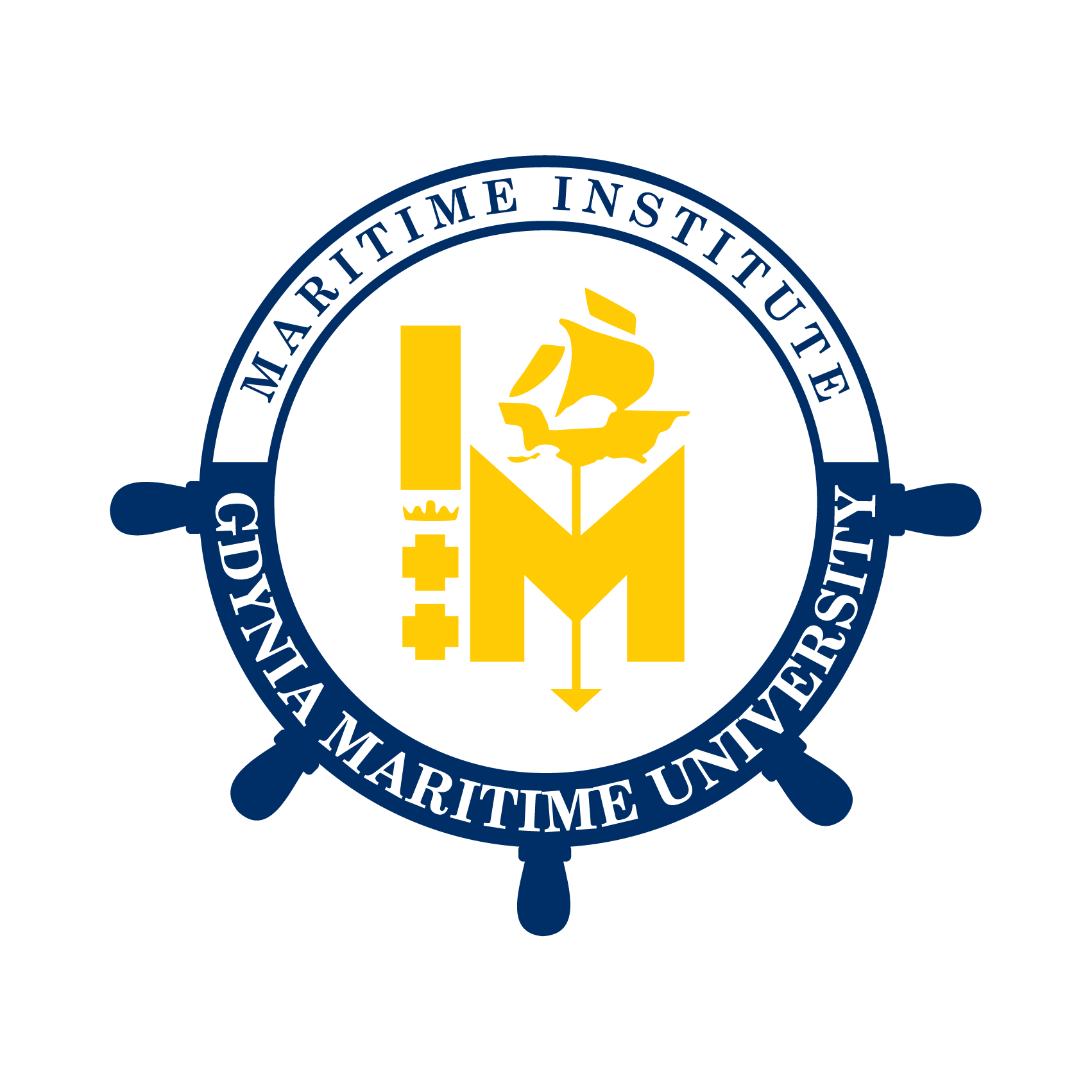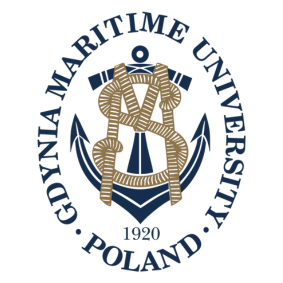Maritime Institute
Following its inclusion into the structures of the Gdynia Maritime University in 2019, the Maritime Institute (previously known as the Maritime Institute in Gdańsk) became a research unit of the university aimed at implementation of commercial projects (outsourced, research and expert works), projects financed from external sources (State, European, international), and scientific projects and research for the benefit of the marine economy and associated sectors, including the energy, shipping and seaports, maritime tourism, and cultural heritage.
The Maritime Institute (MI) became the Polish offshore market leader in the field of environmental surveys and development of environmental, geophysical, geological, and geotechnical documentation for offshore investments, the wind energy sector in particular. It is also a centre of knowledge and competence, where information on the needs and priorities of the maritime economy and the use of marine resources (including marine space management) is processed and evaluated. Furthermore, this unit is active in various research and development projects in the area of environmental protection and marine resources and water ecology including sea fisheries. The Institute performs highly specialised laboratory tests in the fields of chemistry, biology, and offshore geotechnics, provides expertise on maritime hydrotechnics, and operationalises artificial intelligence in transport to optimise the logistics process and promote ecological transport.

The structure of the Maritime Institute consists of the following departments and divisions:
- Marine Ecology Department (MED),
- Economics and Law Department (ELD),
- Offshore Geotechnics Department (OGD),
- Maritime Hydrotechnics Department (MHD),
- Operational Oceanography Department (OOD),
- Environmental Protection Department (EPD),
- Maritime Electronics Laboratory (MEL),
- Spatial Policy Laboratory (SPL).
There are also three PCA accredited research laboratories operating within the Environmental Protection Department,
the Marine Ecology Department, and the Offshore Geotechnics Department. The Maritime Institute has adopted an Integrated Management System based on the ISO 9001, ISO 14001, and OHSAS 18001 Standards.
A key resource qualifying the Maritime Institute to engage in the above-mentioned activities is its research vessel – the multi-purpose oceanographic research laboratory R/V IMOR. The vessel is equipped with state-of-the-art gear and measuring instruments, maintained in perfect shape by a team of mechatronics engineering technologists of the DOO.
Offshore surveys conducted by the Institute require collecting and processing large amounts of measurement data, which is why its disc array (of 1.0 PB capacity) operated by a strong team of software developers and IT professionals focusing on the analytical processes is an information centre of the Institute.
The MI operates its own Project Services Centre, which supports its departments and divisions in the research project development, application, and project-accounting, especially in the case of projects financed funded through EU programmes. In effect, the Institute creates and supports international research and development projects financed from national and international funds, and becomes their leader.
The programme for the development of offshore wind energy in Poland, i.e. the sector in which investments worth PLN 130 billion are planned for the next few years, is one area of particular interest for the Maritime Institute. Performing research, developing cutting-edge methods of marine environment analysis, supporting businesses and authorities in the investment process, as well as expanding capacities for the educational process in favour of offshore wind energy are of priority importance for the Maritime Institute in line with the development strategy adopted by Gdynia Maritime University.

